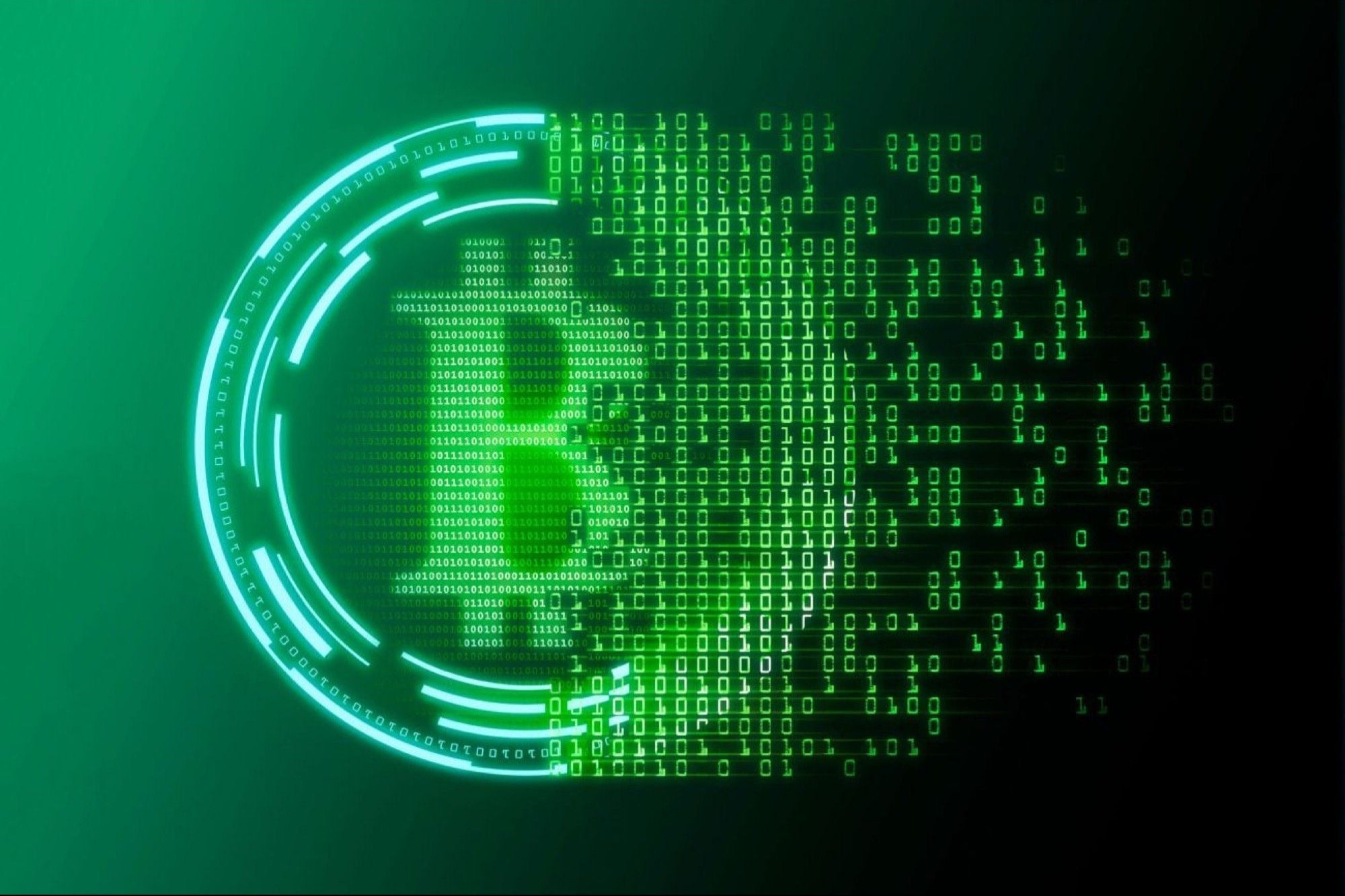
El Salvador’s Bitcoin Law has just 16 articles, so the International Monetary Fund (IMF) alerted the country about the “macroeconomic, financial and legal problems” it raises.
Free Book Preview
Money-Smart Solopreneur
This book gives you the essential guide for easy-to-follow tips and strategies to create more financial success.
June
11, 2021
4 min read
On June 9, El Salvador became the first country to approve the use of Bitcoin as legal currency . But while the president of the Central American country, Nayib Bukele , celebrates the decision of the Legislative Assembly in style, the International Monetary Fund (IMF) considers that perhaps it was a bad idea, since it entails challenges on several levels.
The instruction of the Salvadoran government is that “every economic agent must accept Bitcoin as a form of payment” , since the president is sure that this will contribute to the banking of the population and avoid losing “millions of dollars” in sending remittances from the Foreign.
However, the International Monetary Fund sees this measure from another perspective.
“The adoption of Bitcoin as legal tender raises a series of macroeconomic, financial and legal problems that require very careful analysis , ” said Gerry Rice , IMF spokesman at a press conference on Thursday.
“We are closely monitoring progress on this issue and will continue our consultation with the authorities ,” Rice added before confirming that they would hold a meeting with President Bukele to discuss the issue.
Regulatory problems for Bitcoin in El Salvador
“What we have said in the past, in general, is that cryptocurrency assets can pose significant risks, and effective regulatory measures are very important in addressing them ,” the IMF spokesperson commented.
One of the concerns of the body is the speed with which the Bitcoin Law and the brief regulations it includes were approved, since it already has only 16 articles and leaves much to interpretation.
Economy Minister María Luisa Hayem presented the bill to legislators on Tuesday night, June 8.
In less than 24 hours, after a quick discussion in the Financial Committee of Congress, it received the go-ahead to be presented to the full legislature, where it was approved with the votes of 62 deputies. Of these, 56 belong to the New Ideas (NI) party bench, which represents the majority and are allies of President Bukele, while minority opposition parties refused to support the regulations.
The #LeyBitcoin has just been approved by a qualified majority in the @AsntaciónSV .
62 out of 84 votes!
Story! #BTC
“The purpose of this law is to regulate Bitcoin as legal tender, unrestricted with liberating power, unlimited in any transaction,” says article 1 of the new Bitcoin Law.
In addition, he points out that “the exchange rate” between Bitcoin and the US dollar “will be freely set by the market.”
President Bukele asked the state energy company to offer alternatives for mining bitcoin in a “very cheap, 100% clean, 100% renewable and zero emissions from our volcanoes,” he announced on Twitter.
I’ve just instructed the president of @LaGeoSV (our state-owned geothermal electric company), to put up a plan to offer facilities for #Bitcoin mining with very cheap, 100% clean, 100% renewable, 0 emissions energy from our volcanos
This is going to evolve fast!
Since last April, the government of El Salvador has been in talks with the IMF to obtain a new loan of about 1.3 billion dollars . This would be destined to re-boost its economy, which in 2020 contracted by 7.9% due to the Covid-19 pandemic.
Last year, the agency granted the country emergency assistance for around 389 million dollars to face the health crisis, through the Rapid Financing Instrument (IFR).







